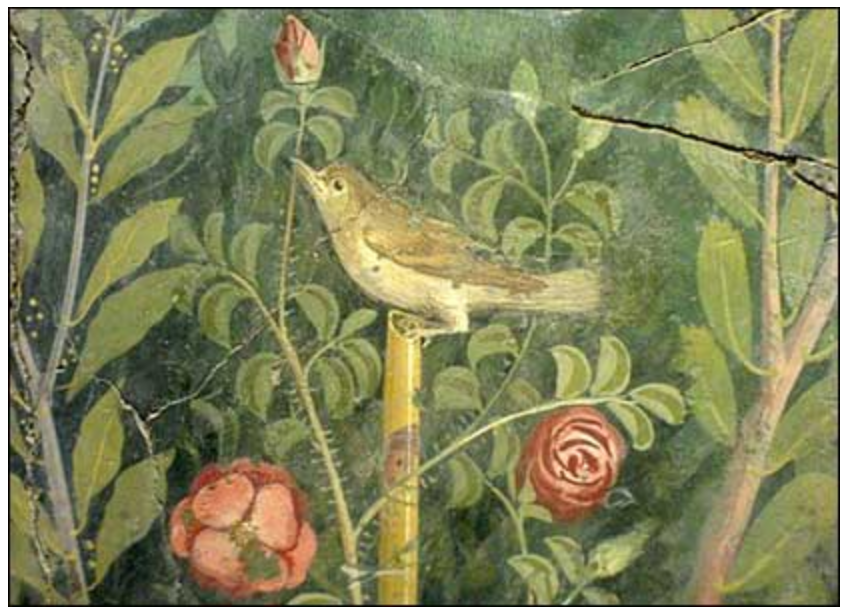…
Catullus 11 was written toward the end of the poet’s life circa 54 BCE, around the time Caesar, a friend of his, invaded Britain. It begins with Catullus asking two acquaintances to accompany him on a trip around the world, from the very edge of it, the Indian Ocean, then back through the Middle East, dodging all the archers and homosexuals there, then from the seven mouths of the Nile up the Rhine going west toward Britain at the world’s other end.
This picture postcard part of the poem, the bird’s eye view, is a jest with consequences; it’s not a trip that Catullus is really interested in taking; it’s a pretext to get his friends to tell his girlfriend something unpleasant. Judging from other poems, Furius and Aurelius aren’t close friends. In poem 16 Catullus threatens to fuck them; and this would offend an ancient listener as much as it would a modern one. In ancient Rome having sex with men meant nothing. Who was dominant and who was passive? Who had the power? That was the question. His companions are his lackeys, there to do his bidding; and if Furius and Aurelius were among the lovers Lesbia repeatedly crushes between her legs, they would be appropriate messengers.
This poem, even in the obscene parts, is all about unrequited and vulnerable love, and it becomes very tender in the last three lines, which become magnified, from all the world’s ends at the beginning, and three hundred men crushed between a woman’s legs, we come to a flower at a field’s edge. Against all the largeness that preceded it, the flower becomes as large as any monument of Caesar. That little flower on the edge of things just close enough to be cut by the passing plow is powerful and poignant.
…
…Furi et Aureli, comites Catulli,
sive in extremos penetrabit Indos,
litus ut longe resonante Eoa
…
tunditur unda,
sive in Hyrcanos Arabasve molles,
seu Sacas sagittiferosve Parthos,
sive quae septemgeminus colorat
…
aequora Nilus,
sive trans altas gradietur Alpes
Caesaris visens monimenta magni,
Gallicum Rhenum, horribile aequor, ulti-
…
mosque Britannos,
omnia haec, quaecumque feret voluntas
caelitum, temptare simul parati,
pauca nuntiate meae puellae
… non bona dicta.
cum suis vivat valeatque moechis,
quos simul complexa tenet trecentos,
nullum amans vere, sed identidem omnium
…
ilia rumpens;
nec meum respectet, ut ante, amorem,
qui illius culpa cecidit velut prati
ultimi flos, praetereunte postquam
…
tactus aratro est.
Furius and Aurelius, my friends
if Catullus penetrates the faraway
East where the ocean beats the shore at the world’s
…
end endlessly
or whether he ends with gay Arabians
or Afghanis with arrows or mad Iranians
or whether where the seven-mouthed Nile muddies
…
the sea with its silt
or if crossing over the high Alps seeing
the monuments of our great Caesar
Gaul, the Rhine, and those ferocious British far
…
off in the distance
all of this or whatever the Fates may have
in store for us to try together, before
we go, do me a favor and tell my girl
… something unpleasant.
May she live and be well with her adulterers
all three hundred of them, loving none but
one by one embracing then all at once, crushed
… busting balls and guts.
She cannot count on my love like she did once
because it is her fault that it has been cut
like a flower that lived on the field’s edge a
… passing plow has touched.
…
…

…
…
…


Lovely to stumble onto Catullus/Sappho by way of your site. Even Joyce. All blasts from my half remembered young time. Good to be refreshed by old stuff. Poorman.